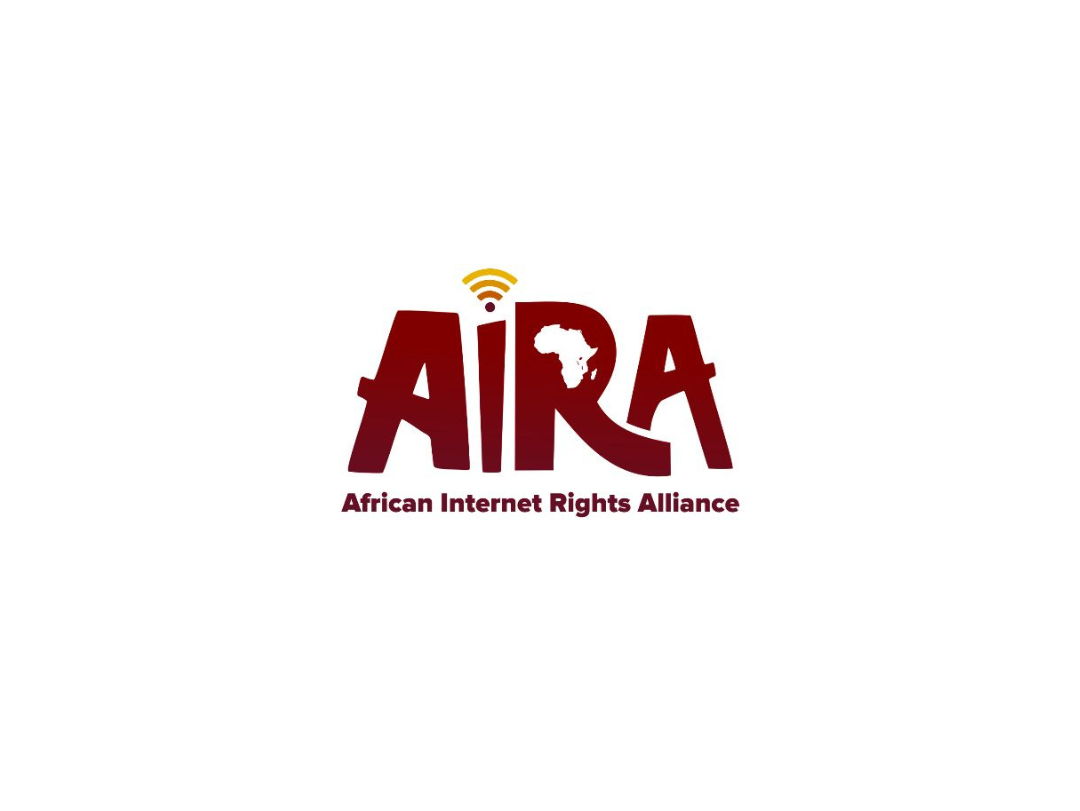
On this World Press Freedom Day, we stand in solidarity with journalists and media professionals across Africa, advocating for their right to report freely and without fear.
This year, the theme “A Press for the Planet: Journalism in the Face of the Environmental Crisis” raises the importance of the role of the press in, amidst many things, combating disinformation and misinformation around the ongoing climate crisis.
Despite credible reports produced at global governance level – such as the Intergovernmental Panel on Climate Change (IPCC) Reports – disinformation and misinformation are still propagated by vested interests, ideological agendas and even well-meaning individuals who inadvertently amplify false narratives. From climate change denial to misleading claims about the efficacy of certain solutions, misinformation poses a significant obstacle to meaningful action on climate change. The United Nations (UN), the World Meterological Organisaion (WMO) and other similar global and national bodies and organisations need the press as a critical ally to translate these reports in actionable information at grassroot level. The press plays a crucial role in both the dissemination of accurate information and the debunking of falsehood.
Through investigative reporting, community engagement, and storytelling, these grassroots media actors continue to bridge the gap between global policy discourse and local realities. By contextualizing complex scientific findings and highlighting the lived experiences of those most affected by climate impacts, grassroots media contribute to building resilience, fostering dialogue, and catalysing grassroots movements for climate justice.
However, the press in Africa faces numerous challenges in fulfilling its role as a watchdog and truth-teller in the era of repression. From attacks on press freedom to the proliferation of politically-motivated online echo chambers journalists must navigate a complex landscape fraught with obstacles. Recent examples include the detention of Damilola Ayeni, a journalist who was arrested in Benin while taking pictures for his report on Environmental Conservation. According to an Internews report, 11% of journalists in Kenya, 30% in Uganda, 16% in Tanzania, and 30% in Ethiopia report experiencing harassment and intimidation while reporting in climate. Such actions not only undermine the free flow of information but also hinder efforts to address the climate crisis effectively.
Today, the African Internet Rights Alliance reaffirms our commitment to supporting a free and independent press as they continue to enable democracy and environmental justice. Therefore, we condemn all forms of press repression, censorship and violent attacks and call for the protection of journalists’ rights to report freely and without fear. As provided for in Principle 20 of the Declaration of Principles on Freedom of Expression and Access to Information in Africa (2019) “States shall guarantee the safety of journalists and other media practitioners. States shall take measures to prevent attacks on journalists and other media practitioners, including murder, extra-judicial killing, torture and other forms of ill-treatment, arbitrary arrest and detention, enforced disappearance, kidnapping, intimidation, threats and unlawful surveillance undertaken by State and non-State actors. ”
It is only through a free and independent press that we can confront the climate crisis with the urgency and transparency it demands.
Signed: African Internet Rights Alliance

